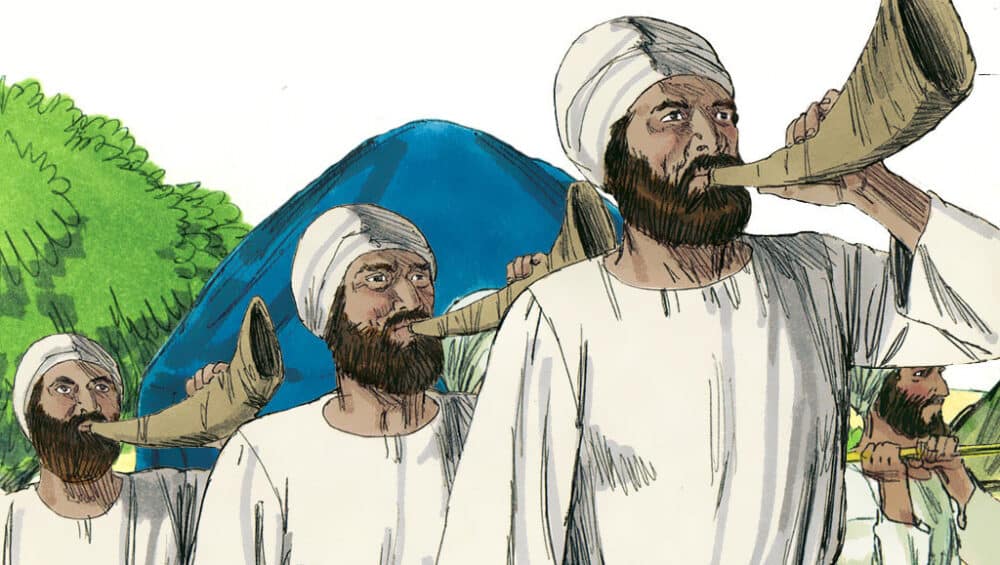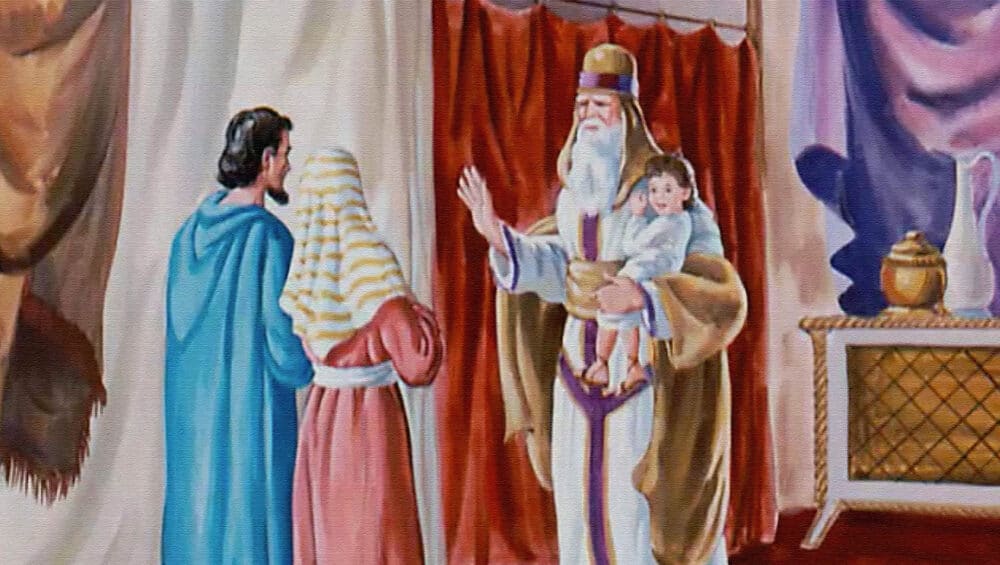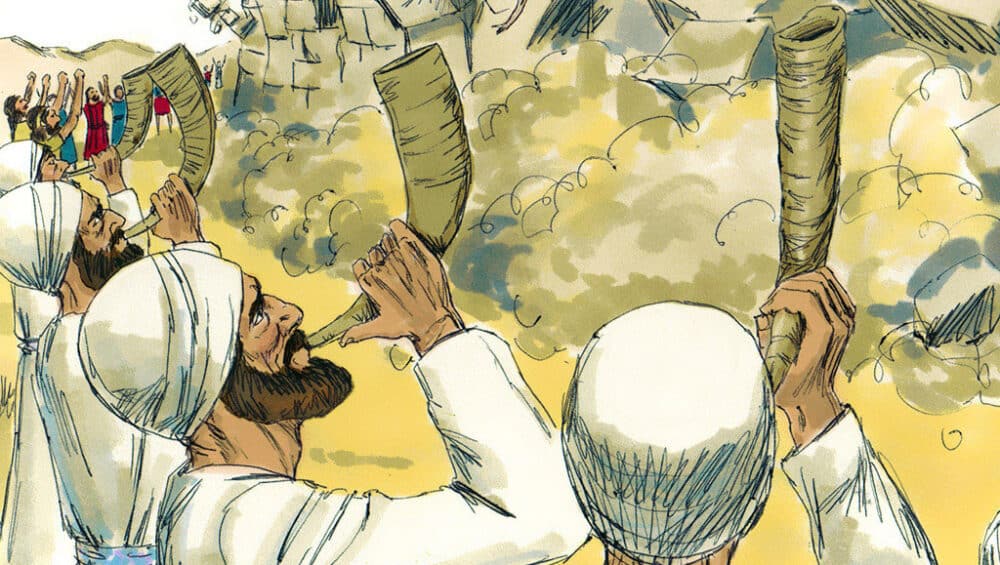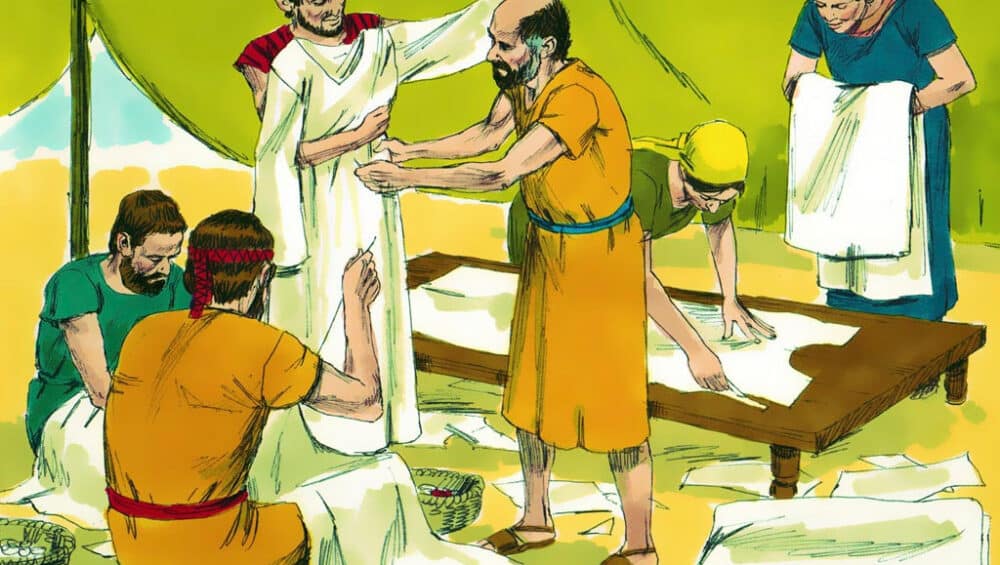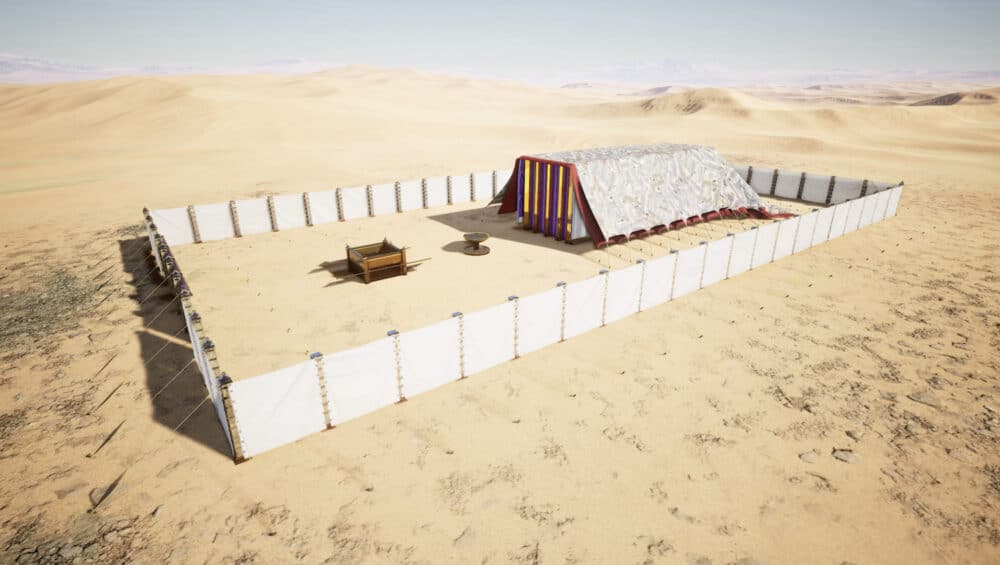Sweet Publishing / FreeBibleImages.org
Welcome to Livin’ Light’s Bible-In-A-Year challenge of discovering God’s love for us and His purpose for our lives. Here is the format for this great adventure: The daily reading assignment is posted at 5 a.m. After each day’s reading, Leigh An Coplin, the blog host, shares observations and poses questions about difficult passages to Rob Fields, who studied Christian Education at Asbury Seminary and currently teaches Biology in the Orlando area. To start from the beginning, click on 365 Bible Readings and scroll down to Day 1. The reading schedule is taken from The One Year Chronological Bible NLT.
Today’s reading:
— 2 Samuel 6:12
— 1 Chronicles 15:1-28
— 2 Samuel 6:12-16
— 1 Chronicles 15:29
— 2 Samuel 6:17-19
— 1 Chronicles 16
— 2 Samuel 6:19-23
(1000-998 BC) Click here for a timeline of the entire Bible.
Questions & Observations
Q. (1 Chronicles 15:1): Are we seeing David getting egotistical here, building his empire?
A. I would say he is, but he has earned it. He will realize his mistake and honor God in our subsequent story.
Q. (2 Samuel 6:14): David is praising God with dancing and orchestrating music. Is this appropriate since God didn’t order this kind of celebrating?
A. I suspect God was greatly pleased with this display. His people were celebrating victory that He had given them.
Q. (6:16): Why was Michal filled with contempt? Maybe she is having an emotional struggle with seeing her husband who left her and married others and her feelings for her father?
A. Because David was dancing and celebrating in a way that she deemed not worthy of a king. She thought he should be too good for such a “vulgar” display.
Q. (16:37): The Ark was so central to the Israelites from Moses’ all through Joshua’s reign. How or why did the Israelites let it fall from their priority?
A. It was no longer the focus of the story, but it clearly remained a part of the religious ritual of the people. It was still manned by the priesthood, but it does appear that the writers focused on it less as the people settled into the various parts of the Promised Land. I’m honestly not sure why that is.
Q. (16:39): I thought the Ark always had a place inside the Tabernacle, but here it sounds as if they have been separated.
A. The old tent was probably discarded, as it probably fell apart after so many years of use — several hundred. The story mentioned that David created a new tent for its resting place, so that it was properly housed in the way we saw described by Moses. It will come into play under David’s son Solomon’s plans, so watch for that.
Q. (2 Samuel 6:22-23): David is showing off here, talking about girls noticing him to his wife. And, Michal is to remain childless. This could be because she is so disgusted with David that she keeps her distance from him?
A. The implication of the story is that God is not pleased with her rebuke of David, who was worshipping Him with all of his heart, and renders her barren as punishment.
Shop: Christian shirts get noticed. Check out these conversation starters: https://livinlight.org/shop/
Tomorrow’s reading
— 2 Samuel 7:1-17
— 1 Chronicles 17:1-15
— 2 Samuel 7:18-29
— 1 Chronicles 17:16-27
— 2 Samuel 8:1-14
— 1 Chronicles 18:1-13
— Psalm 60

